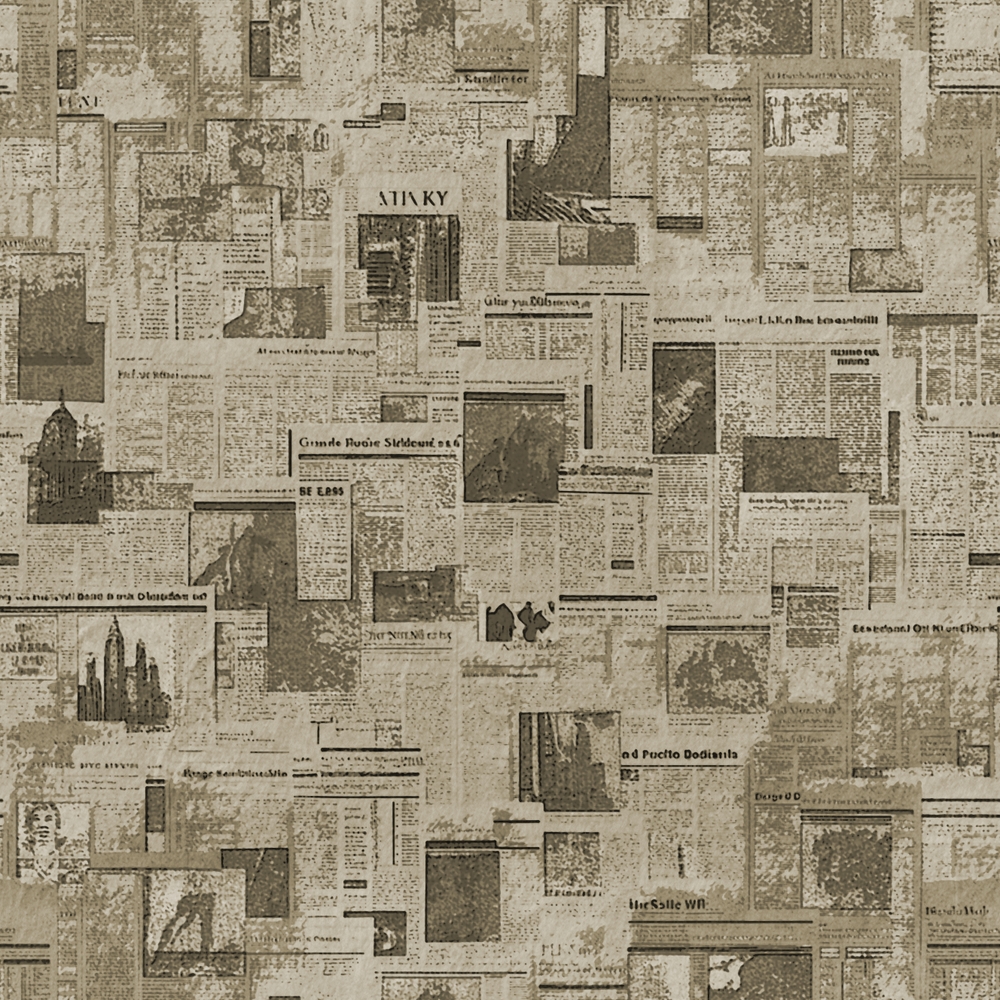In the beginning of this week’s Torah reading, Parshas Beha’alotcha, God commands Moses to instruct his brother Aaron in how to light the Menorah (a special candelabra which stood in the Tabernacle). The next verse states, “And so did Aaron, he lit the lamps facing the middle, as God commanded Moses.” Rashi on Parshas Beha’aolotcha explains that this verse is coming to praise Aaron by stating that he did exactly as he was commanded to do, without deviating one bit.
The question begs to be asked: What kind of praise is this to Aaron, one of the greatest personalities of the Jewish people, to say that he did as he was commanded to do? Why would he think to defy the instructions he was given and do anything differently?
The Dubno Maggid (in Ohel Ya’akov) sheds light upon these words by comparing this situation to a patient who received a prescription from a top doctor in the field to cure him from a life-threatening illness. One patient had no medical knowledge and followed the doctor’s orders blindly but accurately, and was eventually cured. On the other hand, there is a patient who accumulated some limited medical information, and he begins to question the doctor’s instructions. He doesn’t find it necessary to take all the medications prescribed to him, and he does things his own way. Unsurprisingly, he does not survive the disease.
Then, there is someone else who also received limited education in medicine. He too cannot understand why the specialist is ordering him to take the medications prescribed for him, but he follows the doctor’s instructions anyway. It requires self-control to submit himself to the doctor’s advice, but he understands that his understanding of medicine is limited, and chances are that the expert he consulted with knows what he’s talking about. Because he subjects himself to the opinion of the medical expert and does not interject with his own opinion, he too merits a complete recovery.
We are like the first patient. We have no understanding of the inner works of the Mitzvos (Torah commandments), therefore we don’t understand why it would be a challenge at all to follow God’s instruction in how the Menorah should be lit. Aaron, on the other hand, attained great wisdom and was familiar with the depth of the spiritual mechanics contained in Mitzvos. He could be compared to the patient who has some medical knowledge, and the knowledge he has seems to contradict the validity of the instructions he is given.
Naturally, Aaron was inclined to have an opinion, based on his knowledge, about how he felt the best way would be to carry out the lighting of the Menorah. Nonetheless, he put his own opinions aside and followed the instructions, exactly as he was told.
The Magid of Dubno takes this as a lesson for us as well. There are instances in which we may feel we should improvise the way a Mitzvah is done and alter the way it has been practiced. We have the urge to interject our own opinion and modify things to mold them to our own understanding. This, however, is not the proper approach. We must keep strictly to our tradition, and follow the rulings of rabbis who guide us according to authentic Torah wisdom.
This lesson learned in Parshas Beha’alotcha is one we must always keep in mind. We have to realize that our understanding of Torah is limited, and submit ourselves to our tradition and the authority of qualified rabbis, without alteration, even if we don’t understand it fully. This what God wants of us, and this is the way of attaining true greatness.


